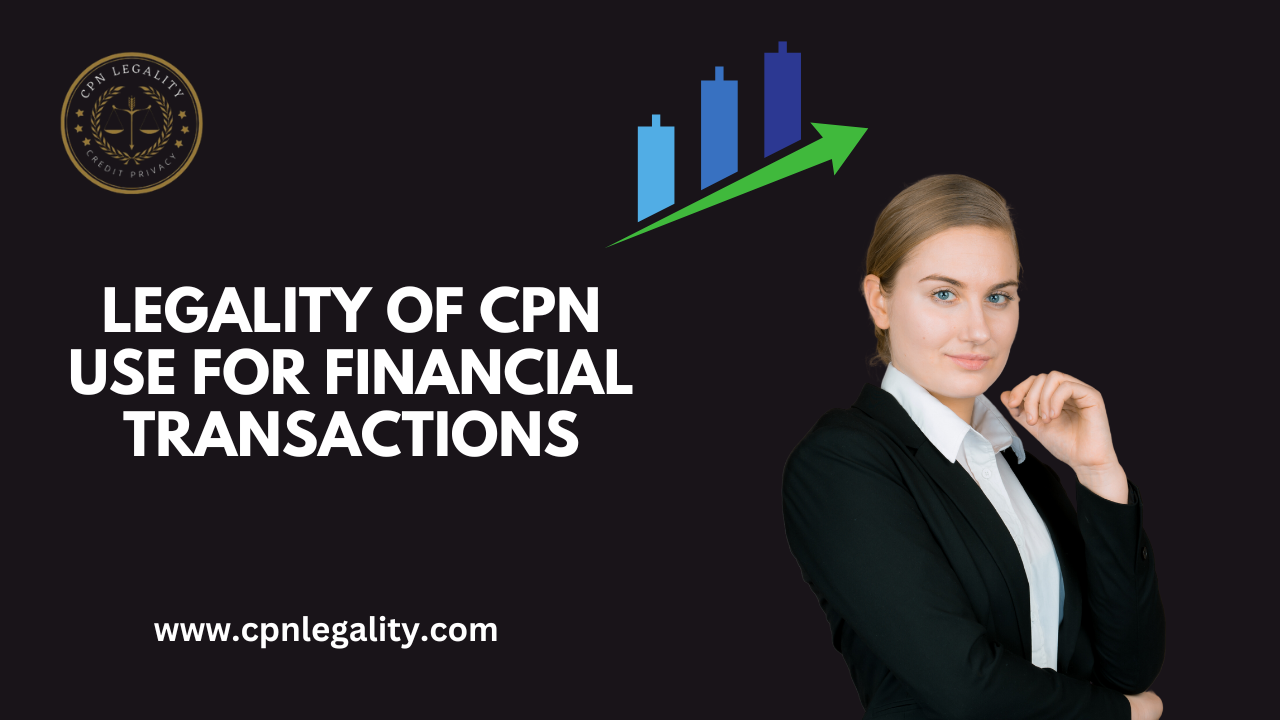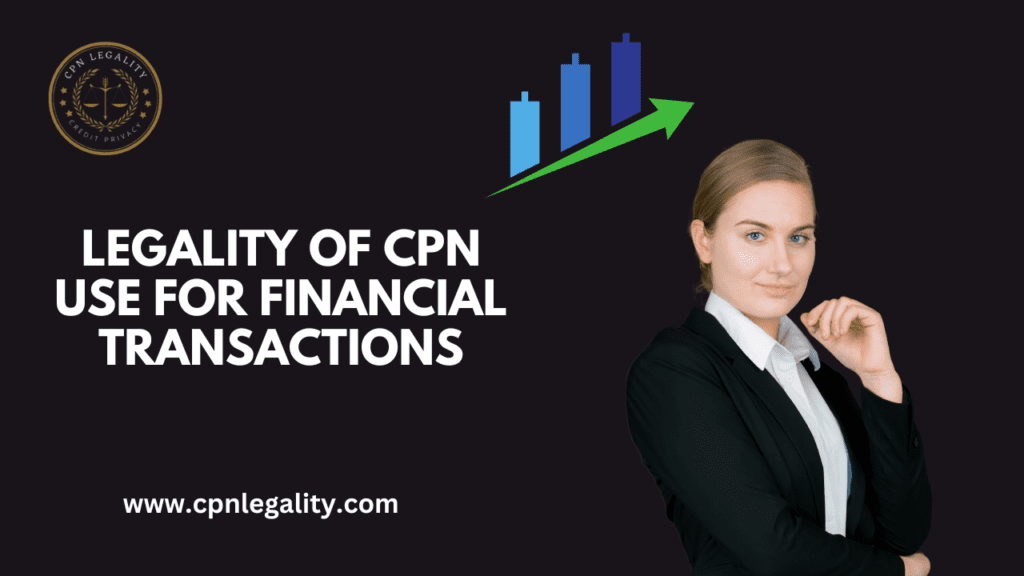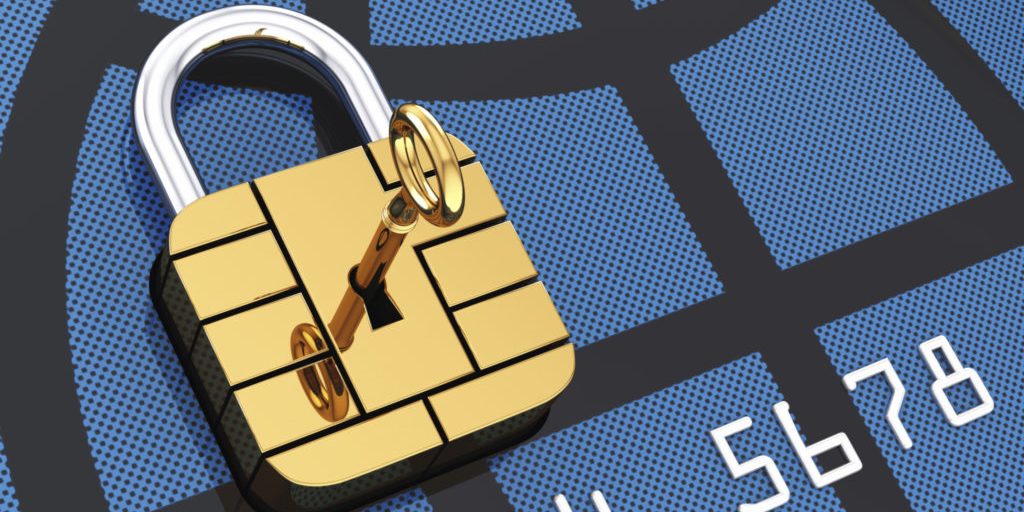
3-Step Formula to Financial Success With CPN Numbers
Achieve financial success with our 3-Step Formula leveraging CPN Numbers for a secure and prosperous future.

In the world of financial transactions and credit management, the use of a Credit Privacy Number (CPN) has gained attention. A CPN is a nine-digit number that can be used instead of a Social Security Number (SSN) for certain transactions. However, the legality surrounding CPN use is often misunderstood, leading to potential legal consequences for those who use them fraudulently or unlawfully.
This article aims to shed light on the legality of CPN use for financial transactions, the legal implications of using CPNs fraudulently, and how to use them responsibly and within the confines of the law.
A CPN, also known as a Secondary Credit Number or Credit Profile Number, is a nine-digit identification number that some companies claim can be used instead of an SSN when applying for credit, opening a bank account, or conducting other financial transactions. It is essential to understand that a CPN is not issued by the government and should not replace a valid SSN for official purposes.
The concept of perplexity comes to the forefront when we delve into the legitimacy of CPN deployment for monetary transactions, pondering over the legality and ethical concerns that encompass this financial tool.
Meanwhile, business unfolds when we explore the legal consequences that individuals might face when resorting to fraudulent or unlawful usage of CPNs, and how starkly it differs from conventional financial transactions.
For the uninitiated, a CPN acts as a distinct identifier, offering an alternative to one’s Social Security Number (SSN) during credit-related transactions. This unique identification is intended to add a layer of privacy and protection, yet its employment isn’t without its intricacies.
Professionals from the financial world often grapple with the enigmatic aspects of CPN usage, trying to strike a balance between complying with the legal norms and exploring the advantages it offers in the financial landscape.

It is imperative to emphasize that while CPNs can be legally obtained and used in certain circumstances, their misuse can lead to severe legal repercussions. The allure of deceptive financial practices, facilitated by the misuse of CPNs, can be tempting, but it’s vital to be well-informed about the potential pitfalls that lie ahead.
Engaging in illicit activities involving CPNs may lead to a cascade of legal issues, such as identity theft, fraud, and money laundering. To navigate through these treacherous waters with wisdom and prudence, individuals must educate themselves about the legal implications of CPN usage.
Understanding the nuances of legality and adhering to established laws and regulations is the crux of employing a CPN responsibly. Adhering to these legal boundaries is the hallmark of a prudent financial approach, ensuring that one can reap the benefits of CPN usage without stumbling into legal trouble.
There are legitimate scenarios where a CPN can be used for financial transactions. For instance, certain government agencies, businesses, and financial institutions may issue CPNs to specific individuals for account management or internal identification purposes. However, it is crucial to note that the use of a CPN for illegal activities is strictly prohibited and punishable by law.
The fraudulent use of CPNs has become a serious concern. Some individuals may obtain CPNs through illegal means and use them to create false identities, commit financial fraud, or engage in other criminal activities. Engaging in such practices can lead to severe legal consequences, including fines, imprisonment, and damage to one’s credit history.
Using a CPN unlawfully can result in charges of identity theft, fraud, or providing false information to obtain credit. Financial institutions and credit bureaus have sophisticated fraud detection mechanisms to identify such activities. If caught, individuals may face significant legal penalties that can have a lasting impact on their personal and financial well-being.
If a CPN is required for legitimate purposes, individuals can obtain one through legal channels. Reputable companies may offer CPNs for specific purposes, but it is essential to verify their legitimacy and ensure compliance with all legal requirements. It is crucial to remember that a CPN should never be used as a replacement for an SSN for official government-related activities.

A CPN is not a magical solution to financial problems or a shortcut to obtaining credit. It is essential to understand its limitations and use it responsibly within legal boundaries.
There is a common misconception that using a CPN can help repair a damaged credit history. However, this is not true. Credit repair involves legitimate strategies, such as paying debts on time, disputing inaccuracies, and building positive credit behavior.
Using a CPN in an attempt to improve credit can be risky and may result in legal consequences. Credit bureaus and lenders are vigilant about identifying such activities and may penalize individuals who engage in credit repair fraudulently.
The legality of CPNs remains a subject of debate, with ongoing efforts to regulate their use and prevent fraudulent activities. As technology advances and financial systems evolve, the authorities are expected to take more stringent measures to regulate the use of CPNs and prevent fraudulent activities.
One potential direction for the future of CPN legality is increased scrutiny by financial institutions and credit bureaus. These entities are likely to enhance their fraud detection mechanisms to identify any misuse of CPNs. With data analytics and artificial intelligence becoming more sophisticated, they can efficiently flag suspicious activities and take appropriate actions to protect consumers and the financial system.
Moreover, as more cases of CPN fraud come to light, lawmakers and regulatory bodies may respond by enacting stricter laws and regulations. These measures could aim to deter individuals from engaging in illegal CPN practices and impose more severe penalties on offenders. The goal would be to safeguard the integrity of financial transactions and protect innocent consumers from identity theft and other fraudulent activities.
Another potential aspect that could shape the future of CPN legality is the development of alternative solutions. Financial institutions and businesses may seek innovative methods for verifying identities and managing accounts securely without relying heavily on SSNs or CPNs. Biometric technologies, blockchain-based identity verification, and other emerging systems could play a significant role in enhancing security and reducing the reliance on traditional identification methods.
Furthermore, educational initiatives may also play a crucial role in the future of CPN legality. Public awareness campaigns about the risks of CPN fraud and the importance of using CPNs responsibly could help individuals make informed decisions and avoid falling victim to scams. Empowering consumers with knowledge about identity protection and responsible credit management can contribute to a more secure financial ecosystem.
In conclusion, while CPNs may serve a legitimate purpose when issued for specific reasons, using them fraudulently or unlawfully can lead to severe legal consequences. It is essential to understand the limitations of CPNs, use them responsibly, and avoid engaging in fraudulent activities.
Protecting personal information and adhering to the law is vital for maintaining financial security and credibility. The implementation of CPNs for financial transactions is a double-edged sword that demands thorough comprehension and unwavering compliance with the law.
The perplexity lies in understanding the intricate legal frameworks surrounding CPNs, while the burstiness manifests in the stark contrast between lawful and fraudulent usage.
By choosing the path of legality and awareness, one can harness the potential benefits of CPNs while sidestepping the legal quagmires that could ensnare the unwary.
CPN Legality provides the CPNS and credit repair with proper guidance. So, hurry up and get your CPN today!!
1. What is the purpose of a CPN?
A CPN can be used for specific financial transactions and account management purposes, but it should not replace an SSN for official government-related activities.
2. Is it illegal to use a CPN for financial transactions?
No, using a CPN for legitimate and authorized financial transactions is not illegal. However, using it fraudulently or unlawfully can lead to severe legal consequences.
3. Can I use a CPN to establish a new identity?
No, using a CPN to create a new identity for fraudulent purposes is illegal and punishable by law.
4. How do I know if a CPN is legitimate?
A legitimate CPN should only be provided by authorized entities for specific purposes. Research the company offering the CPN and ensure its compliance with legal requirements.
5. Can I use a CPN for credit repair legally?
No, using a CPN for credit repair is not a legal or effective method. Legitimate credit repair involves responsible financial behavior and following proper procedures.

Achieve financial success with our 3-Step Formula leveraging CPN Numbers for a secure and prosperous future.

Uncover hidden truths with the top 5 facts about CPN numbers that you never knew in this revealing exploration.

Discover the ins and outs of buying CPNs – Are they right for you? Explore the world of CPNs and their implications.

Comparing CPN Numbers and Secured Credit Cards – Uncover the best credit-building options and make informed financial choices.
Call us now!
©2023 by CPN Legality. Managed by Abaani Tech